Cats can kill and eat a variety of small animals, from birds to mice and rabbits.
Very few domestic cats would eat a rabbit however it is not uncommon for cats to hunt and kill baby rabbits instinctively.
Cats will typically go for baby rabbits as fully grown rabbits can often be just as big, if not bigger than a cat.
Contents
Why do cats kill and eat rabbits?
First of all, cats do not have a specific preference for rabbits.
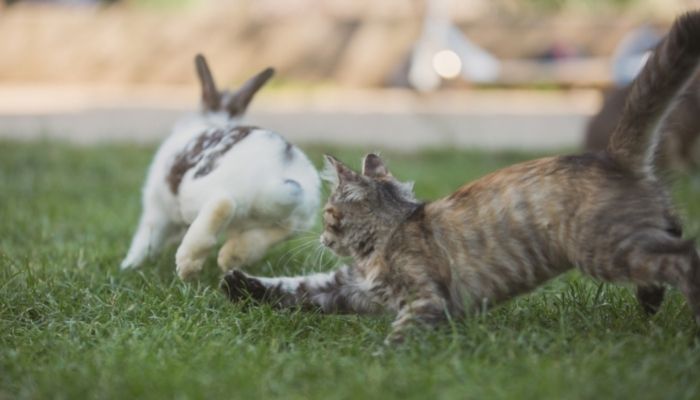
They do, however, have a prey drive, so they will hunt down everything that’s somewhat small, and that moves in an interesting way.
Cats are carnivores, so the main nutrient in their diet should be protein. In fact, some cat foods are made with rabbit meat, and many pets love them.
The prey drive is what makes cats catch and kill rabbits.
If you are the owner of both a pet cat and a pet rabbit, and the latter is completely calm and comes up to your feline friend without making any sudden moves, your cat might not even show any interest in him.
As cruel as it might seem to us, when cats catch rabbits, instead of ending their suffering, especially if they’ve hurt them, they will keep them in a state between life and death so that they can continue to play with them.
What’s interesting is that even completely domesticated cats that spend a lot of time outdoors will enjoy going on a hunt every now and then.
They have to keep their instincts sharp, so it’s not uncommon for your cat to bring a ‘present’ to you in the form of a dead rabbit.
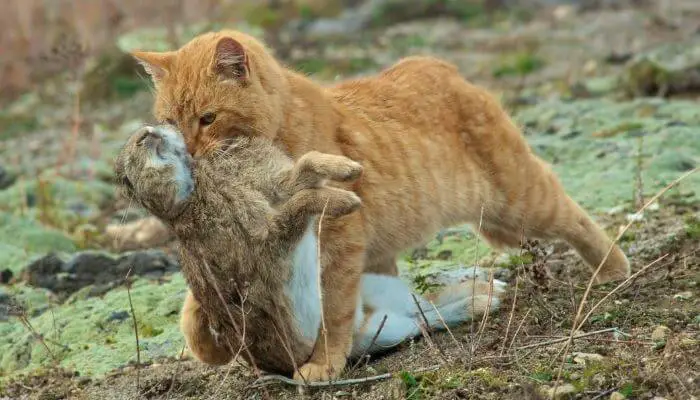
With this behaviour, your cat shows you that she appreciates you as her owner. It might be unpleasant for us, but it is a token of appreciation, at least in a cat’s mind.
Storys Of Cats Eating Rabbits
Storys of cats killing and eating a rabbit are thankfully rare, fully grown rabbits are very challenging for a cat to kill and eat as some rabbits can be just as big as a cat.
However, it does happen on rare occasions, below are two stories from Reddit where it is believed a rabbit has been eaten by a cat:

You can view this story on Reddit here.
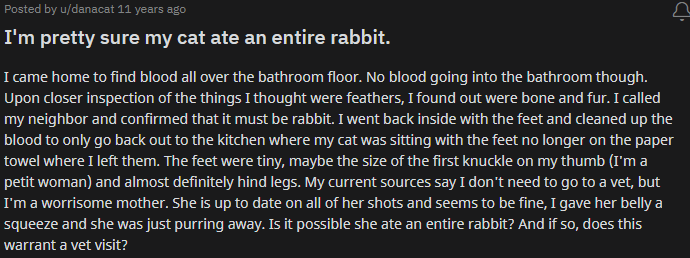
You can view this story on Reddit here.
These stories were posted 7 & 11 years ago respectively and are pretty much the only two posts we can find on Reddit about this happening.
So it’s safe to say that this is a rare occurrence, people certainly aren’t posting about their rabbits being eaten by cats on a daily basis.
What should you do if your cat caught a rabbit?
If the rabbit isn’t dead yet, it’s important to separate the cat from it as soon as possible.
Most cats do tend to become slightly possessive with their prey, so you might need a bit of help from another person to solve the problem.
If you are alone, we suggest using a towel or a large cloth to cover your cat’s body and physically remove her from the rabbit.
Once you’ve separated the rabbit from your little hunter, put it in a cardboard box and take it to a veterinary clinic nearby.
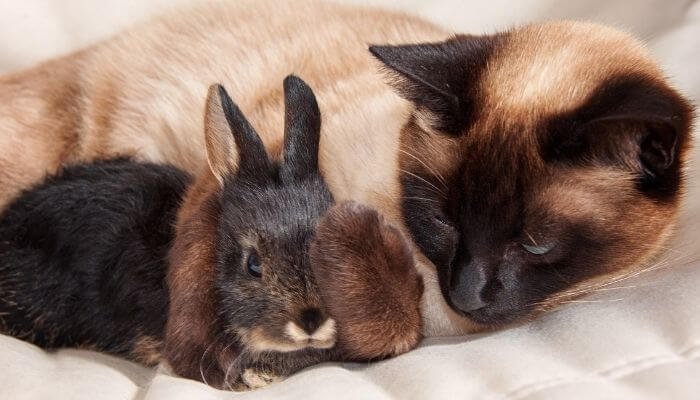
On the other hand, if the rabbit is already dead and your cat doesn’t seem to have eaten any part of it, there’s nothing left to do other than to bury it in a safe place.
The best place for the burial is the middle of a forest or a remote area where there are no wells or running waters that people might use for drinking.
Do not bury the rabbit in your garden, especially if you grow your own vegetables.
Keep an eye on your cat for the following days or take her to the vet for a check-up.
Can cats catch diseases from wild rabbits?
The short answer to this question is yes.
Both domesticated and wild rabbits can carry diseases, some of which can be transmitted to the animals that hunt them.
Cats are no exception to the rule. They can get sick after eating a rabbit.
Rabbits can be carriers of a disease called tularemia.
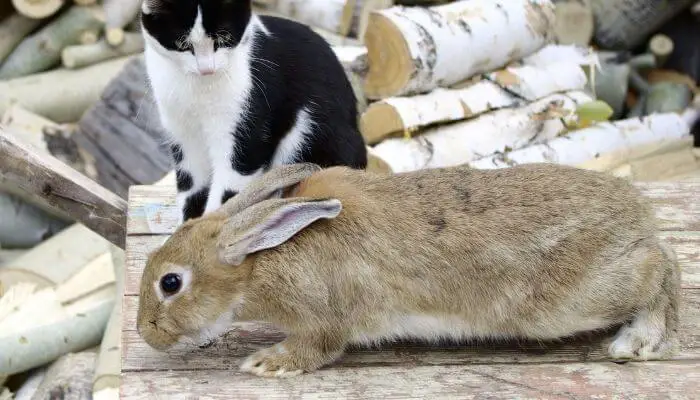
Unfortunately, tularemia can be deadly, which means that preventing your feline friend from eating small animals is of utmost importance.
Besides, it is a zoonotic disease, so it can be passed on from an infected cat to people.
While it is more or less rare, you cannot overrule the possibility of your pet having become infected if you’ve seen her eat a rabbit.
As such, our best advice is to take your cat to the vet clinic to get her tested and treated. Tularemia can be treated with antibiotics (gentamicin is the most commonly used one, but streptomycin has excellent results, as well).
How to protect home rabbits from cats
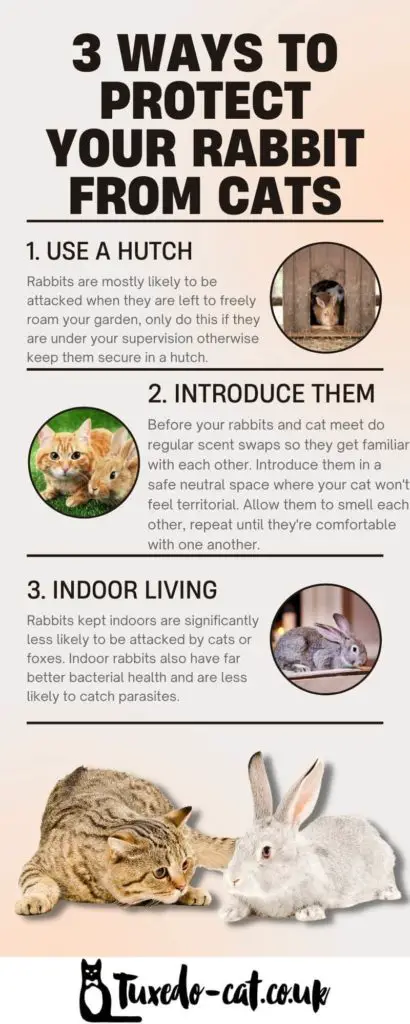
If your cat spends a lot of time outdoors, especially when you are away from home to work, you might have no effective means of preventing your pet from eating any small animals.
However, if you are the owner of both a cat and a pet rabbit (or more), there are some ways of preventing everyone from becoming hurt.
The way you make the introduction between the two for the first time also has a say as to how their relationship develops further on.
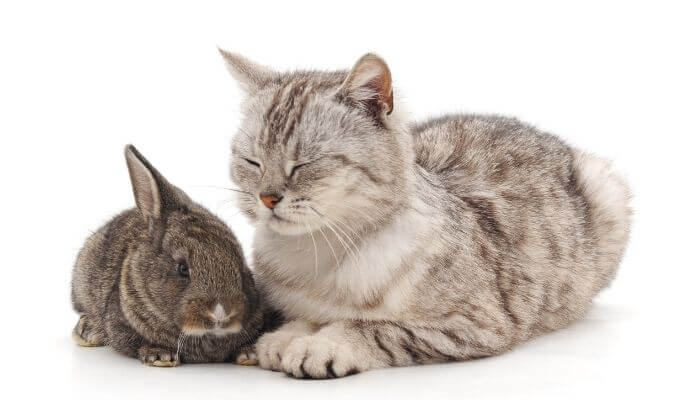
If your cat is well-fed and your rabbit just minds his business, chances are that nothing bad will happen in the future.
But given that it’s better to be safe than sorry, investing in a good-quality hutch or cage for your pet rabbit is the best way of going about things.
Keeping your cat indoors only while the rabbits are in your garden isn’t a bad idea, either.
In that case, you’d have to get a very well-designed hutch so that your rabbits don’t become the victims of foxes or other wild predators.
By the way, indoor-only cats have much better health than those that go outside every day as they have little to no means of catching external and internal parasites, as well as viral and bacterial diseases.
Do Cats & Bunnies get Along?
Cats and bunnies can get along very well without any problems providing you take some precautions.
The way you introduce your cat & rabbit is key to how their relationship will develop.
For the optimal results we advise you follow these steps:
- Keep your rabbit in their cage and allow the cat to see them – The cage should be big enough for the rabbit to run away and hide somewhere if they feel the need to.
- Scent swap – wipe a cloth on your rabbit, then on your cat. Do this 6 or 7 times over a couple of days to help them get familiar with each other’s scents.
- Allow them to interact through the cage regularly – ideally around 50 minutes a day for up to 2 weeks.
- Introduce them outside of the cage – choose a time when it is quiet and both pets are relaxed if possible keep the cat on a lead, repeat this as often as needed until they both seem comfortable.
- Let them interact freely – remove all cages and leads and let them interact freely, make sure you keep a close eye on them at all times.
- Observe how they interact – by this point they should be fairly comfortable with them but don’t get complacent just yet, make sure you keep an eye on them and if there are any signs of unrest then immediately separate them.
A few other tips that will help this process be more successful are:
- Kittens Will Be More Accepting of a Rabbit – introducing a cat when it is a kitten is ideal as it will grow up with the rabbit and will not see it as prey, don’t worry if your cat is already fully grown though the process will still work.
- Allow Both Privacy – Rabbits like having a space that feels safe and secure, and cats are very territorial so make sure they both have easy access to their own private space to ensure the best outcome.
- Feed Them Separately – Cats and rabbits can both be territorial so feeding them separately is important to ensure that neither feels nervous or becomes aggressive.
Can you train a cat not to eat rabbits?
No.
Cats are natural-born hunters, and they will remain so until the day they die.
You can spot their hunting instincts, including in the way they play or interact with other animals, for example they may eat flies and other insects.
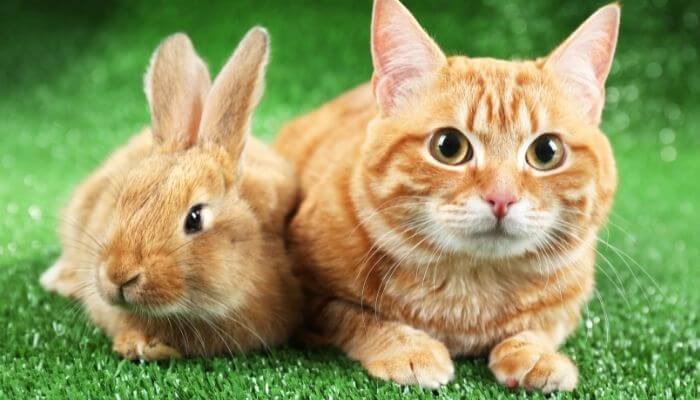
A cat will always become interested in a moving thing, whether to find out what it is or to tell if it can be an opportunity for hunting and, therefore, entertainment.
Cats can eat wild and domesticated rabbits, squirrels, mice, hamsters, guinea pigs, and even ferrets and sugar gliders if that’s the type of pets you have, they may also sometimes eat insects such as ants though this is more out of curiosity than anything else.
Conclusion
A cat will rarely ever eat a rabbit however they will often hunt baby rabbits as hunting is an instinctive behaviour for them.
Be aware rabbits can transmit a potentially lethal disease to cats called tularemia.
Tularemia can also be transmitted to humans, so it is of utmost importance to try and prevent your cat from eating wild prey.
Training cats not to hunt rabbits or small rodents, in general, is impossible as they have a very strong prey drive.
As an Amazon Associate I may earn a small fee from qualifying purchases at no extra cost to you. This helps us run the site, so thanks for your support!

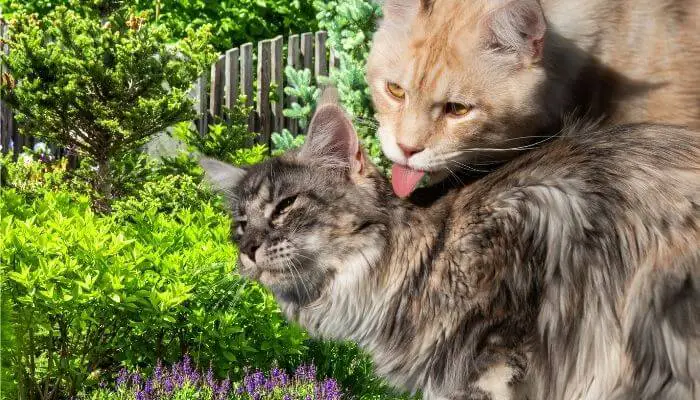
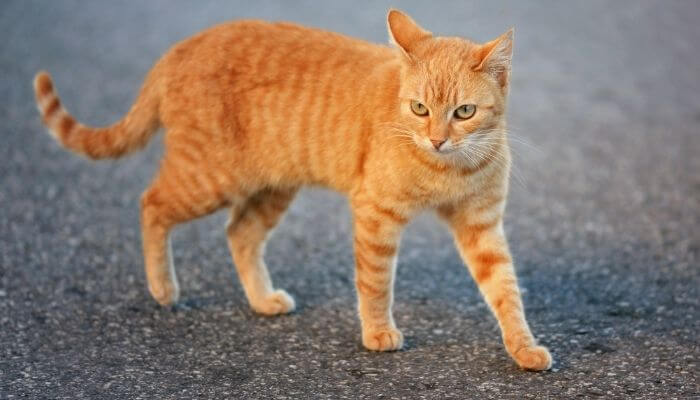
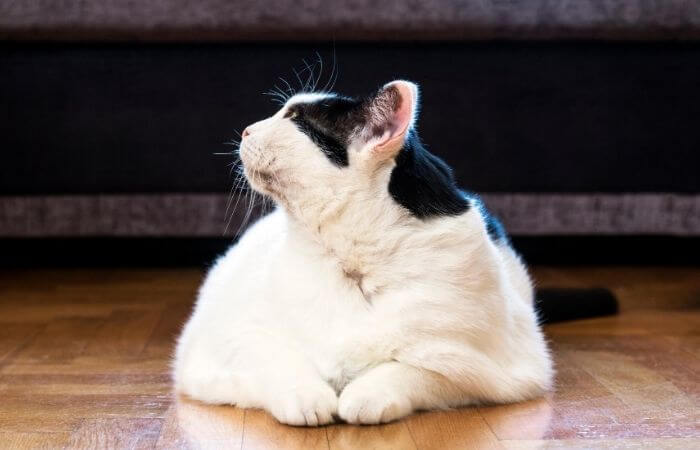
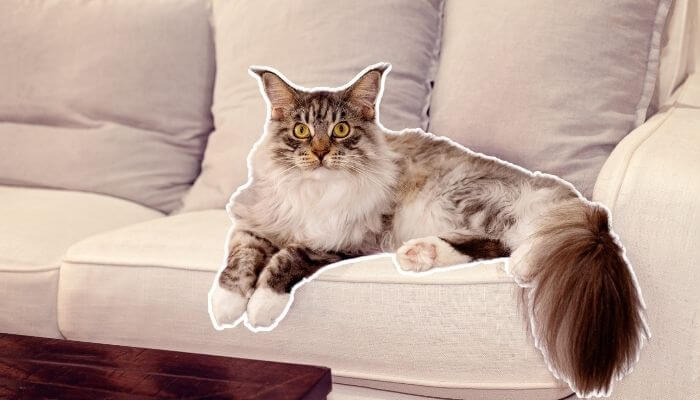
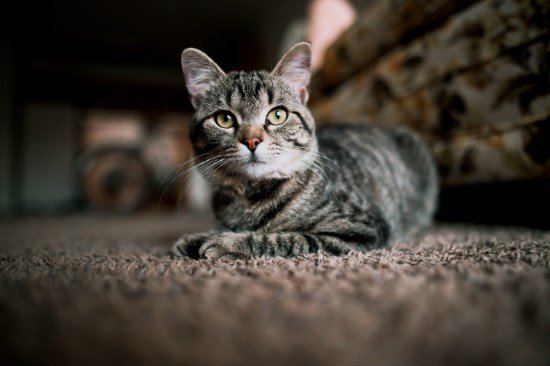
Leave a Comment